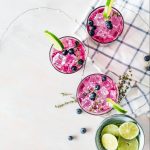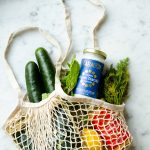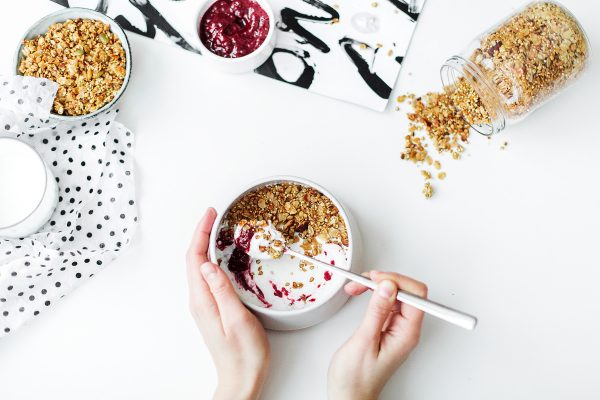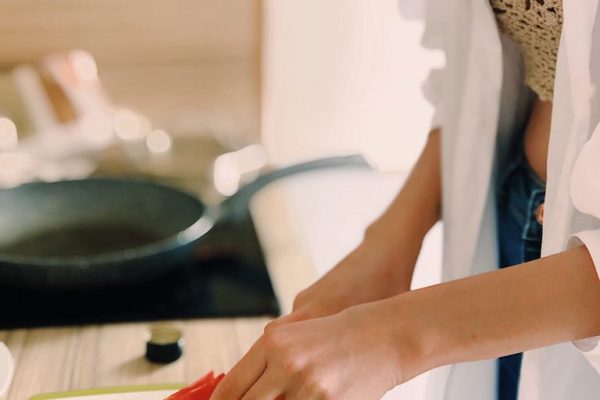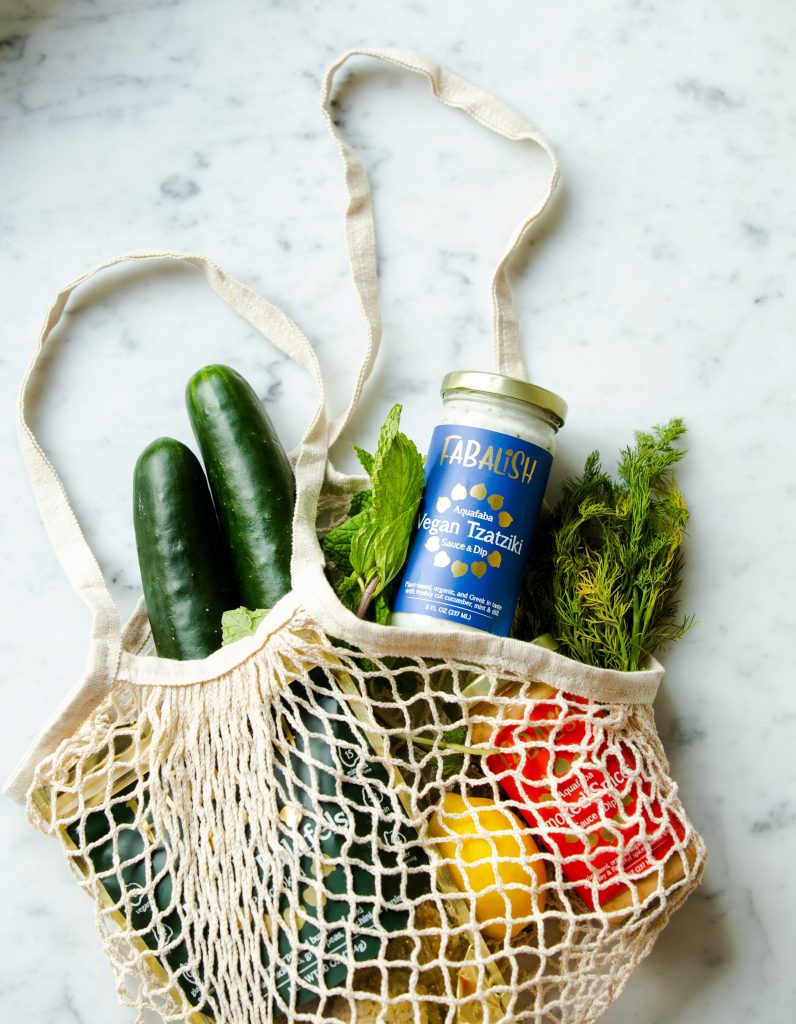
Growing up near the ocean and knowing how terrible plastic pollution is for the environment, I’ve always been vigilant about reducing my personal single-use plastic waste.
In many ways, the COVID-19 pandemic has made using single-use plastics unavoidable. Consequently, I’ve noticed how my own plastic consumption has soared over the last few months, and how much more litter and disgarded plastic is now on the streets.
All of us have faced unique challenges this year due to the pandemic, including our efforts to reduce waste. But with challenges, comes change and creative solutions.
Although plastic use has dramatically increased as a result of COVID-19, there are steps you can take to avoid unnecessary single-use plastics at home for the benefit of the environment.
Ready to cut back on your personal plastic waste? Here are some ideas:
- Make the switch from liquid soap to bar soap. According to McGill University, bar soap is just as effective at washing away viruses and bacteria as liquid soap. Even making a small change like switching to bar soap can reduce the amount of plastic at local landfills, and collectively make a big difference in our communities.
- Wear a reusable cloth mask, if possible.
- Always discard your personal protective equipment (PPE) and disinfecting wipes in the garbage to prevent them from polluting our streets, sidewalk drains and waterways.
- When making coffee at home, try to make a whole pot of coffee instead of using individual single-use plastic coffee pods, or try reusable coffee pods.
- Ditch the tea bags and use loose leaf tea instead. Many tea bag brands still use plastic as a sealing agent.
- Choose an alternative to your plastic toothbrushes, such as bamboo.
- Purchasing food and refillable personal care items in bulk is an excellent way to reduce plastic waste, and several local stores are offering a delivery option to all your favourite zero-waste bulk items.
- If reusables and bulk shopping aren’t an option for you, think about how you can reduce plastic in your kitchen – ditching single-use food wrap or perhaps trying to make things from scratch to avoid packaging. I recommend making the switch to beeswax wrap. Beeswax wrap is a natural solution to plastic food storage. It’s washable and can last up to a year with proper handling.
- Don’t use plastic straws – they are common culpits for ocean pollution. I stopped accepting plastic straws at restaurants and made the switch to glass or stainless steel ones at home. These sustainable straws are easy to clean and can last for years.
- Get a reusable water bottle. A reusable water bottle takes less oil to produce, replaces all the plastics that you would have used and thereby reduces both your carbon footprint and helps reduce the plastic burden on landfills, oceans, streams and other places that plastic waste ends up.
I encourage you to do your part to reduce your plastic consumption. Just because we’re in a period of change, doesn’t mean we have to lose the momentum to be more sustainable at home. Little changes really add up!


